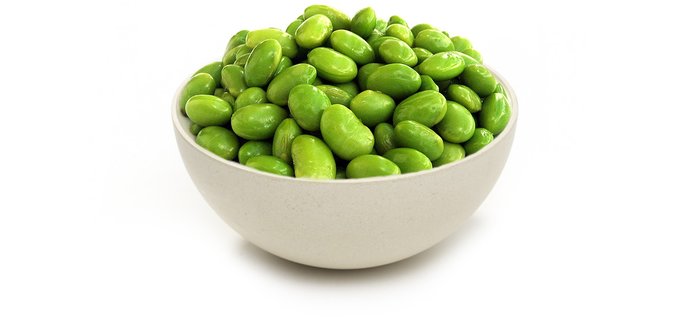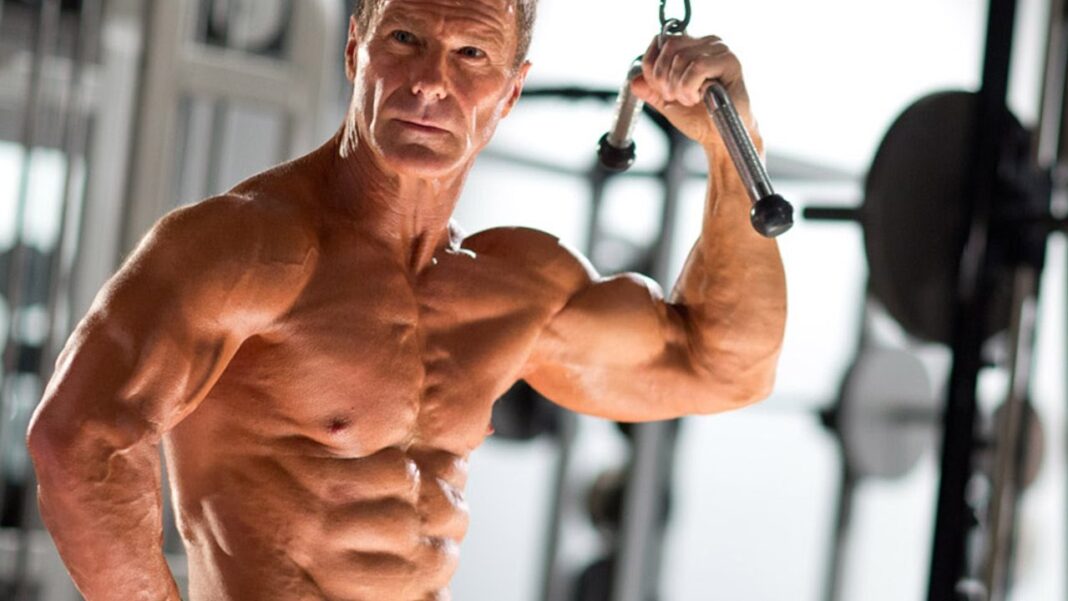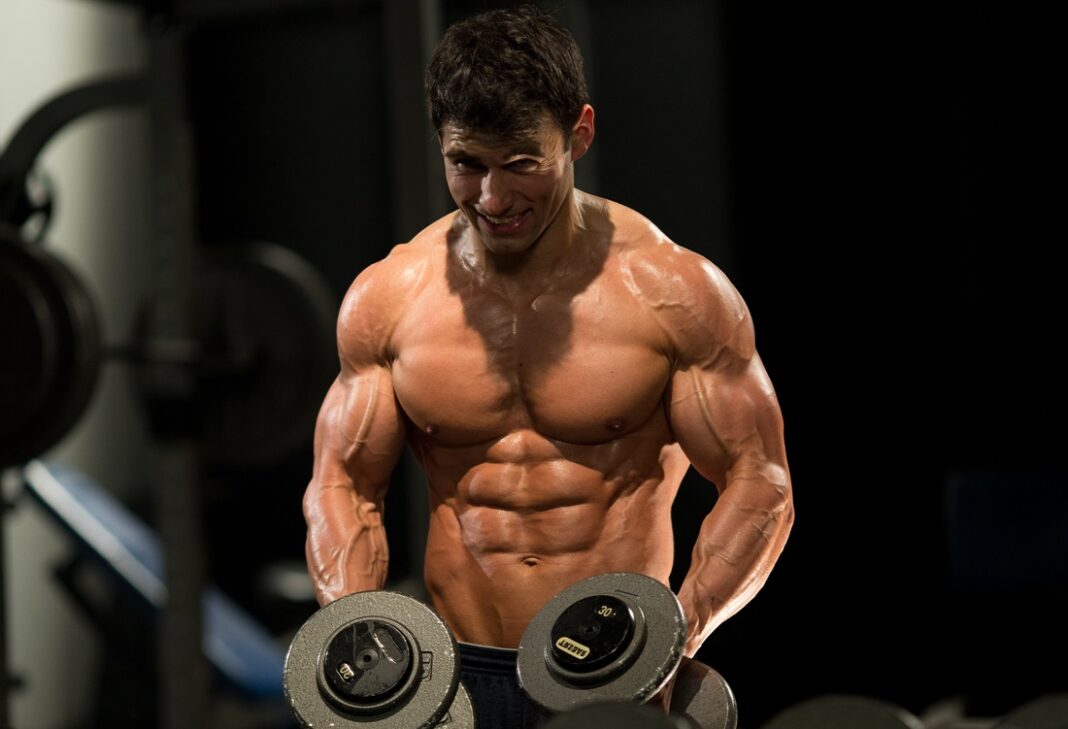High Protein Vegetables for Bodybuilding
Often called the building block of life, protein plays a vital role in your body. Molecules called amino acids to combine to create numerous proteins in the body.
There are 20 amino acids, of which some are present in your body, while you have to take specific foods to obtain the remaining.
Functions of Protein
Protein has several functions in your body and is responsible for:
- Growth and Maintenance
- Providing Structure
- Acting as Messenger
- Maintaining Proper Ph
- Causing Biochemical Reactions
Protein also plays a massive role in muscle development. Hence, everyone interested in bodybuilding must take sufficient amounts of protein daily for excellent results.
You can get the maximum amount of protein from animal and plant sources. Hence, you can make a diet comprising both veg and non-veg ingredients.
However, if you’re keen on following a vegan diet, you can choose veggies with a high amount of protein. If you want to know which vegetables you should choose, continue reading.

What Vegetables Are Good For Muscle Growth?
Vegetables contain all sorts of nutrients, and they’re considered healthy choices for your body. So, people often switch to a veggie diet when following a weight loss program.
However, some vegetables also contain reasonable quantities of protein, which can be useful for people who want to build muscles but don’t want to consume non-veg protein.
Continue reading to find out which vegetables have protein so you can add them to your diet for muscle growth.
Green Peas
Do you like peas? If yes, then it’s good because green peas contain a high amount of protein, and they’re delicious too. One cup of boiled peas contains 8.58gms of protein. Hence, it can be an excellent addition to your diet.
Many people avoid peas because they think they’re mushy and plain. But many recipes make the peas shine. So, you can find these can create tasty and healthy dishes.
Edamame
You may have seen or tasted edamame only in Asian restaurants, but it’s time to include it in your diet. Edamame, the green, and immature soybean, contain an impressive amount of protein. One cup of cooked edamame contains 18.46gms protein.
You may not be familiar with the recipe, but that shouldn’t matter because you can find plenty of tasty recipes. Spicy Edamame and Crispy Garlic Parmesan Edamame are two dishes that you could try.
Broccoli
This green vegetable is often underrated, and most people don’t like it. But broccoli is one of the healthiest vegetables. One cooked stalk contains 4.28gms protein and several nutrients like fiber and vitamins.
You can eat broccoli raw or cooked. You can steam, boil, roast, sauté or stir-fry according to preference and convenience.
Asparagus
Asparagus is also a veggie with a reasonable amount of protein. The spring veggie is delicious roasted, sauteed, grilled, or steamed. One cup of boiled asparagus has 4.32gms protein.
Besides protein, the yummy veggie is high in potassium, vitamin C, and folate.
Potato
The humble spud is versatile, delicious, and filling. Potato often gets a bad name, but it is a nutritious vegetable. One medium-sized baked potato has about 4.55gms protein and also vitamin C.
You can also cook potatoes in different ways. You can boil, fry, bake, and roast them to make various dishes.
Brussels Sprouts
Yes, the veggies which look like mini cabbages are full-packed with nutrients, including protein. One cup of boiled (from frozen) Brussels sprouts contains 5.64gms of protein and several other nutrients.
You can make a salad with raw sprouts or steam, boil, roast, and even fry them.
Spinach
Most people don’t like spinach, but it’s a veggie that’s packed with nutrients. One cup of cooked spinach has about 7gms of protein along with fiber and vitamins. It’s also low on calories.
You can sauté, steam, stir-fry spinach, add it to salads and make smoothies.
Pinto Beans
These beans look painted and hence the name pinto beans. They’re popular in Mexican cuisine, and you can enjoy them in multiple ways. Make baked beans, chilis, and soups, or add salads and burritos.
One cup of cooked pinto beans (boiled from dried) has about 15.41gms protein.
Use dried beans to make dishes instead of canned varieties, as the latter may have high sugar and sodium content.
Kale
Kale contains protein, fiber, vitamins A, C, and K, and antioxidants. One cup of cooked kale has about 2.9gms protein. You can add the veggie to a salad or make stir-fries, steam, or sauté.
You can also make smoothies with kale along with other leafy veggies like spinach.
Mushrooms
Mushrooms are fungi, but they’re consumed as vegetables. They’re delicious and can be a suitable replacement for meat since they have a meaty texture.
One cup of cooked mushrooms has about 2.2gms of protein and several B vitamins and minerals. You can make soups or many other dishes with mushrooms.
Other Plant-Based Ingredients High in Protein
Lentils
Lentils belong to the pulses category, but they come from plants. They’re rich in nutrients, and one cup of cooked lentils has about 17.86gms protein.
Lentils are easy to cook, versatile, delicious, and a money saver ingredient. So you can enjoy the flavors and also receive the nutrients.
Mung Beans
Mung comes from legumes, and it’s rich in protein. You can get at least 14.18gms protein from one cup of cooked mung beans.
Soybeans
Soybeans contain a very high amount of protein, vitamins, and fiber. One cup of cooked soybean has about 28gms protein. Hence, it can be an ideal vegan protein source.
You can cook soybeans in different ways or get protein shakes in powder form.
Garbanzo Beans (chickpeas)
Garbanzo beans or chickpeas also have a high amount of protein. You can get about 14.53gms protein from one cup of cooked chickpeas.
Chickpeas are delicious and versatile. You can eat them raw or cooked so enjoy them in several ways.
Fava Beans
Fava beans also have a high amount of protein; you can get up to 12.92gms in one cup of cooked beans.
Lima Beans
Not many people like these beans, but they’re a good source of protein. You can get around 11.58gms protein from one cup of cooked Lima beans.
You have many choices when it comes to plant-based protein. Hence, even if you don’t want to eat animal-based protein, you don’t have to worry.
You can add all the items to your diet and eat something different daily. Besides the above, there are also chia seeds, avocados, pistachios, sweet corn, quinoa, wild rice, and almonds.
All these have reasonable amounts of protein which you can incorporate into your diet.
If you follow a suitable exercise program, take an effective supplement, and eat the proper diet, developing lean muscles won’t be much of a problem.



